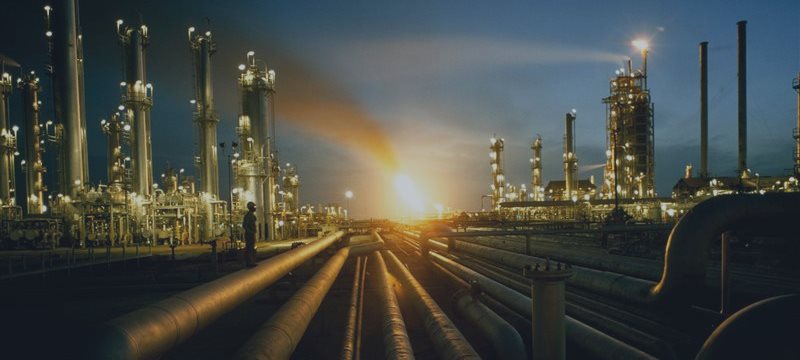Arab OPEC producers expect global oil prices to recover to between $70 and $80 per barrel by the end of 2015 as a global economic recovery revives demand, OPEC delegates said this week in the first indication of where the group expects oil markets to stabilise in the medium term.
The representatives, some of whom are from core Gulf OPEC producing countries, explained that they may not see - and some may not even welcome now - a return to $100 any time soon.
Once deemed a “fair” price by many major producers, $100 a barrel crude is encouraging too much new production from high cost producers outside the exporting group, some sources said.
However, they suppose that once the breakneck growth of high cost producers such as US shale patch slows and lower prices begin to stimulate demand, oil prices could begin finding a new equilibrium by the end of 2015 – even in the absence of any production cuts by Opec, something that has been repeatedly ruled out.
"The general thinking is that prices can’t collapse, prices can touch $60 or a bit lower for some months then come back to an acceptable level which is $80 a barrel, but probably after eight months to a year," one Gulf oil source told Reuters.
A separate Gulf Opec source said: "We have to wait and see. We don't see $100 for next year, unless there is a sudden supply disruption. But an average of $70 to $80 dollars for next year – yes.”
The comments are among the first to indicate how big producers see oil markets playing out next year, after the current slump that has almost halved prices since June. Global benchmark Brent closed at around $60 a barrel on Monday.
Their internal view on the market outlook will provide welcome insight to oil company executives, analysts and traders, who were caught out by what was seen by some as a shift in Saudi policy two months ago and have struggled since then to understand how and when the market will find its feet.
For the past several months, Saudi officials have been making clear that the Kingdom’s oft-repeated mantra that $100 a barrel crude is a “fair” price for crude had been set aside, at least for the foreseeable future.
Saudi Arabia, the world’s biggest exporter – and its close Gulf allies within the Organisation of the Petroleum Exporting Countries (OPEC) – say it’s time for others, whether that is countries like major exporter Russia or US shale drillers, to slow down. OPEC can no longer cut output, ceding market share, to spare them a downturn.
Without OPEC to defend prices, oil entered a free-fall, but most of OPEC’s members are holding fast.
Interfering in the market at this point would simply invite new rivals to carry on pumping crude, eroding Opec’s market share without any guarantee of a sustained price recovery, another Arab oil source told Reuters on the sidelines of a meeting in Abu Dhabi of the Organisation of the Arab Petroleum Exporting Countries (OAPEC).
"Every time prices fall, we would be asked to cut," the source said.
Another Gulf OPEC source reiterated that Opec would not cut alone. Non-OPEC producers such as Russia, Mexico, Kazakhstan and "anyone producing more than one million barrels per day" should also reduce or at least freeze their output if they wanted a stable market and better prices, the Gulf OPEC source said.
There is no suggestion though, that OPEC is targeting a specific price, or would want to do so. The organization hasn’t had a formal price goal in about a decade, and Saudi Arabia has long maintained that it is only seeking price stability, not a set level.
But it offers a convenient metric at a time when traders are struggling to figure out where and when markets will settle down.
Asked about market signals Opec is looking for to decide on whether the market is stabilising or not, irrespective of the price, Naimi said: "The signals need time, one year, two years, three years. There is not one signal that we look to and say that's it... but for sure those who are the most efficient producers are the one who would rule the market in the future."
Adel Abdel Mehdi, Iraqi oil minister, told Reuters in an interview on Monday he thought prices would stabilise now at about $60 a barrel but could rise to over $70 by mid-next year.
"I believe that market has started to stabilise itself now," Falah al-Amiri, head of Iraq state oil marketing SOMO told Reuters in Abu Dhabi.
"The future for next year, I don't think there would be much optimism in the market that the price would go to $80 or above. But I don't even think prices would reach $80," said Amiri, citing a resilient shale oil production to current prices.
Photo: National Geographic



